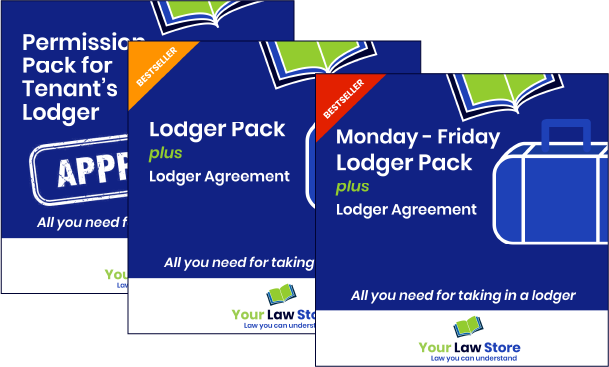Should you have house rules?
When you decide to take in a lodger, you need to keep very much in mind that this is a financial business relationship. You should therefore treat it that way right from the start.
This does not mean that you should not be friendly with your lodger. However, you must be very clear about what you will and will not allow in your home.
Consider in particular the following (which are in no particular order):
- What will the arrangements be for paying the bills? If the lodger’s rent is inclusive of bills, you need to make sure that he is not running them up too much.
- What will the arrangements be for your shared living space? For example:
- Will you let him cook in the kitchen or will you provide all the meals?
- Will you let him ‘take over’ the kitchen sometimes for example if he wants to have a dinner party?
- What will the arrangements be for cleaning?
- What will the arrangements be for the use of the bathroom? For example, if there are several people living in the house, you might need a rota
- What about the television? What if you both want to watch things on different channels?
- Will you allow overnight visitors, and what is your position on partners staying over regularly? For example, you might want to consider limiting this to just a few nights per week.
- What about car parking?
There may be things about your property which your lodger will need to know about.
For Example:
Maybe your lavatory is sensitive to anything which is not lavatory paper being flushed down. If so, your lodger will need to be told this and warned that you will expect him to pay for the plumbing expenses if he causes a blockage.
Before you let to a lodger for the first time, have a sit-down and think about all these things. Make a list.
If you have had lodgers before, try to remember anything which caused friction in the past, and think about whether you should have a rule about it from the start.
Once you have done your list
You can draw up some house rules. This is not the same as the formal legal lodger license agreement which is discussed here. These agreements are drafted by lawyers to cover things which will apply to all or most lodger situations.
The formal agreements will not, therefore, deal with domestic matters, such as how often your lodger’s girlfriend can stay over, and which cupboard space he can use for his food. These are things which will be different for every letting.
These domestic matters can be set out in a separate house rules list, which can be discussed, agreed, and signed at the same time as your lodger agreement. Then you will all know where you stand.
You don’t *have* to have a set of written house rules. A large number of lodger arrangements exist quite happily without any paperwork at all.
However, if you find you have an ‘awkward’ lodger, the fact that they have signed a set of house rules may be very useful to you, if they start being difficult.
Important note
This guide ONLY deals with lodger agreements where you are renting a room to a lodger in your own home.
If you require information about tenancies with resident landlords and Welsh occupation contracts, you need the Landlord Law site.
